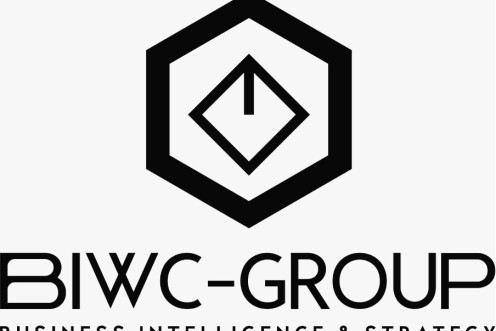Influential Thai ex-prime minister Thaksin Shinawatra landed back home on Monday ahead of a scheduled watershed ruling by the kingdom's top court which may see him jailed.
Maryna Tereshchenko still remembers the smell of the apricot trees in her Donbas home town, and clings to the hope that she will one day be able to return to east Ukraine.
Israel's defence minister told Hamas on Monday to lay down its arms or face annihilation, after US President Donald Trump said the militant group must accept a deal to release hostages in Gaza.
The International Criminal Court will from Tuesday hear war crimes charges against fugitive Ugandan warlord Joseph Kony, accused of spearheading a brutal reign of terror that killed tens of thousands.
President Donald Trump on Sunday warned foreign companies to obey US law after immigration officials arrested some 475 individuals including South Korean workers at a Hyundai-LG battery plant being built in the southern state of Georgia.
Asian markets rose on Monday, with Tokyo up nearly two percent after Japanese Prime Minister Shigeru Ishiba's decision to resign pushed down the value of the yen.
The European Central bank is expected to hold interest rates steady again this week with inflation under control and US tariff tensions easing, even as France's political crisis presents a new headache.
Russell Crowe's nerve-shredding portrayal of a notorious Nazi on trial and Angelina Jolie's deeply personal dive into the world of French fashion led a busy Sunday of world premieres at the Toronto film festival.
A New Zealand father who spent nearly four years on the run with his children died Monday during a police confrontation in which an officer was shot, authorities said.
On a summer evening in San Francisco, JT Mason went to dinner with five complete strangers, confident he would have a good time thanks to careful guest selection by a new type of app for meeting people.
A total of 890 people were arrested in London during a protest this weekend in support of the banned group Palestine Action, the capital's Metropolitan Police said Sunday.
Japan's Prime Minister Shigeru Ishiba said on Sunday he would step down after less than a year in power, during which he lost his majority in both houses of parliament.
Seoul said Sunday that negotiations with the United States to secure the release of South Korean workers detained in an immigration raid have been "concluded" and they would soon be freed and flown home.
Japan's Prime Minister Shigeru Ishiba has decided to step down, local media reported on Sunday, as members of his ruling party seek to hold a new leadership race following disastrous upper house elections.
Thai tycoon Anutin Charnvirakul took office as prime minister on Sunday, with the cannabis-championing conservative ousting the nation's dominant political dynasty and setting course for elections early next year.
Pensioner Shizue Kato didn't fancy the new "Demon Slayer" anime blockbuster and instead watched "Kokuho", a rare live action cinema hit in Japan, where animation rules.
Prince Harry returns to London on Monday for a children's charity gala.
Tens of thousands of pilgrims are expected at the Vatican Sunday for the canonisation of an Italian teenager dubbed "God's Influencer" for his efforts to spread the Catholic faith online.






































